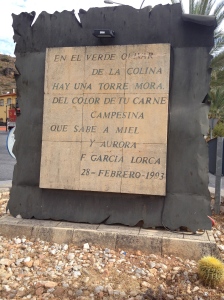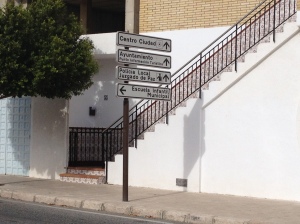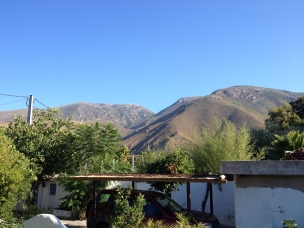As Spain’s prime minister Mariano Rajoy prepares to try to block Catalonia’s independence referendum, set for 9 November, local radio continues with its debates and phone-ins about the significance of the Scottish no vote.
A colleague, discussing an article I was to write about the outcome of the Scottish referendum, asked if I was fully up to speed, living as I now do in rural Spain. Their’s was an incredulous response when I described the wall to wall coverage the issue has had here. Oh, and the continuous playing of bagpipes over the airwaves.
Spain isn’t a federal state, but it does operate a decentralised system of administration. Its autonomous regions and cities have tax raising powers. To a point. When the Catalan government asked, in 2012, for an increase in those powers, it was refused. Many predicted that this would push the wealthy region towards independence.
For Andalucia, Spain’s largest and poorest region, this is effectively a class issue. Perhaps that is why the European elections saw a shift to the left, with Izquierda Unida (United Left), and the new and populist left party Podemos (we can), enjoying a significant upsurge in votes.
But here in Órgiva there appeared to be some confusion about the line to take on the Scottish issue. Graffiti appeared overnight, all over town, calling in big red and black letters for independence for Escocia. And alongside it, in what looked remarkably like the same hand, a demand that the Reino Unido (United Kingdom) remain just that. Alas, I didn’t take pictures. But perhaps the person with the spray paint was the same misguided individual who daubed ‘Goodnight, left side’ on a wall near the Alpujarras supermarket. The slogan of black shirt, jewish, violent neo-nazis was soon painted out. That it now just reads “good night” is rather fitting for our peace loving, hippyish community.


